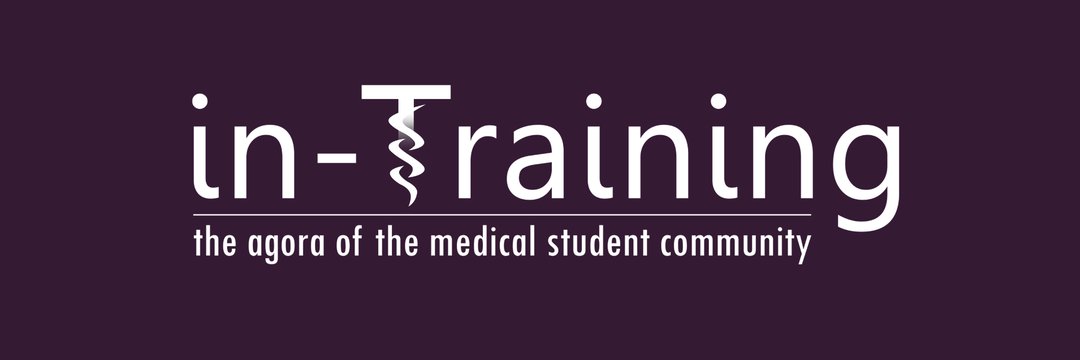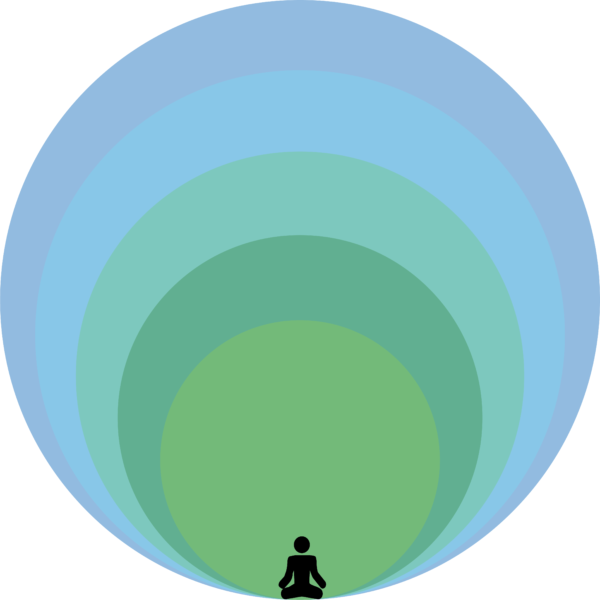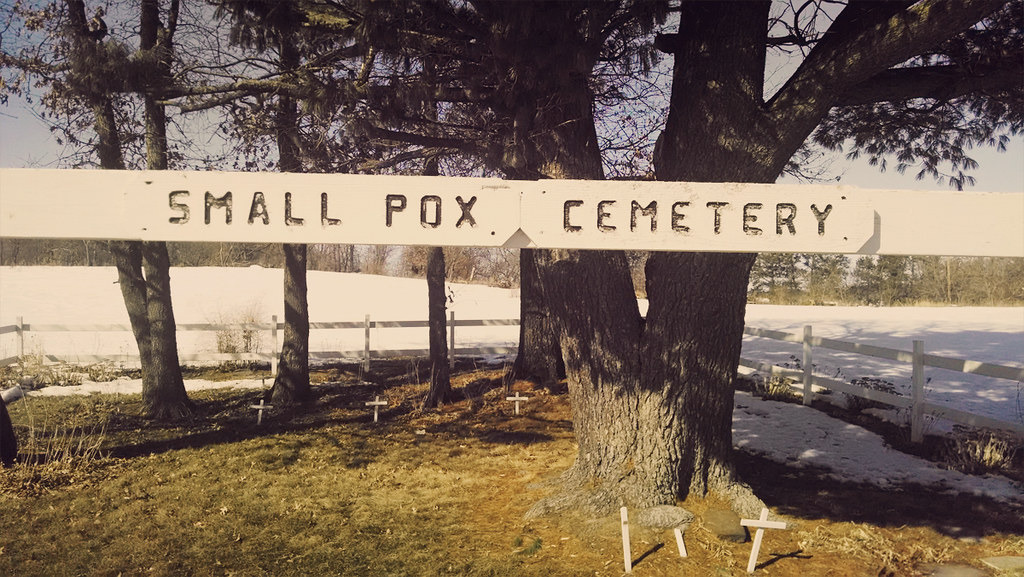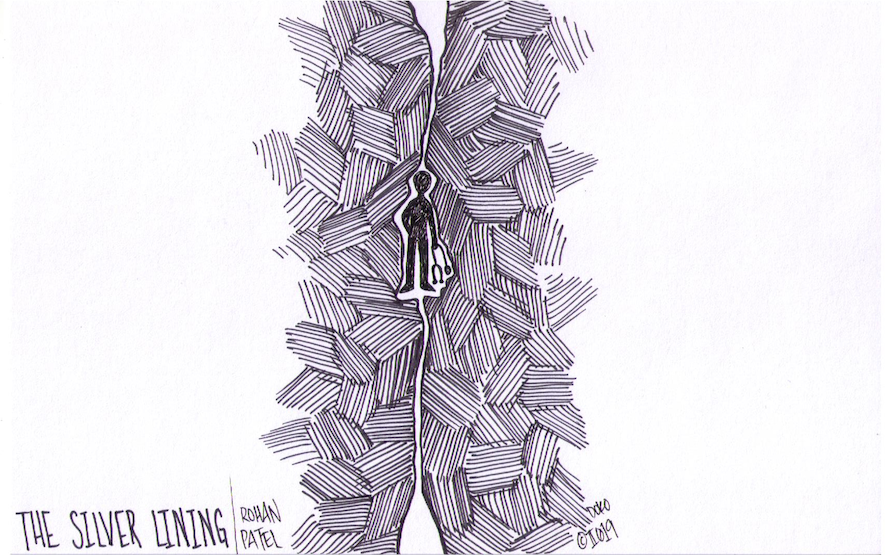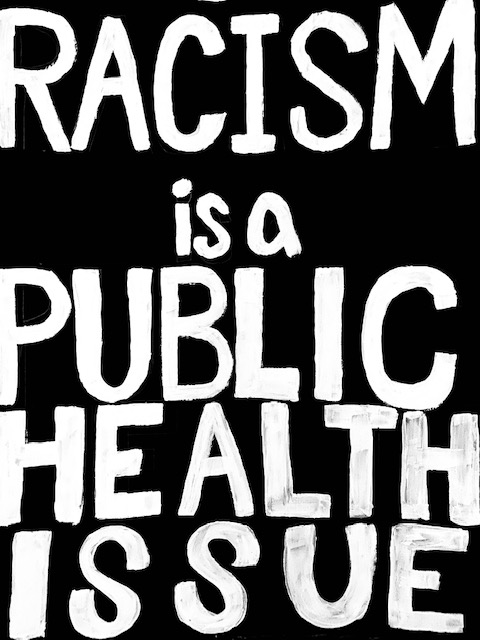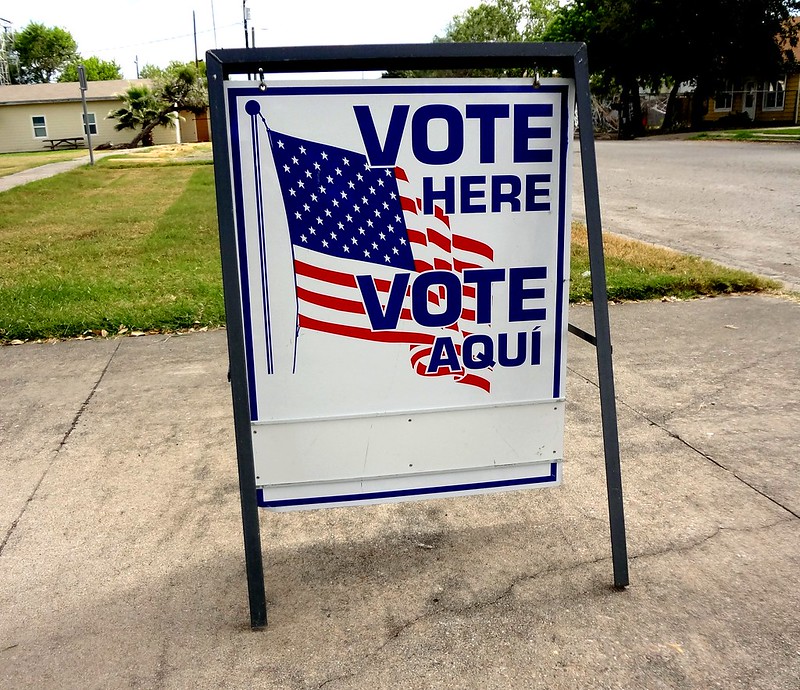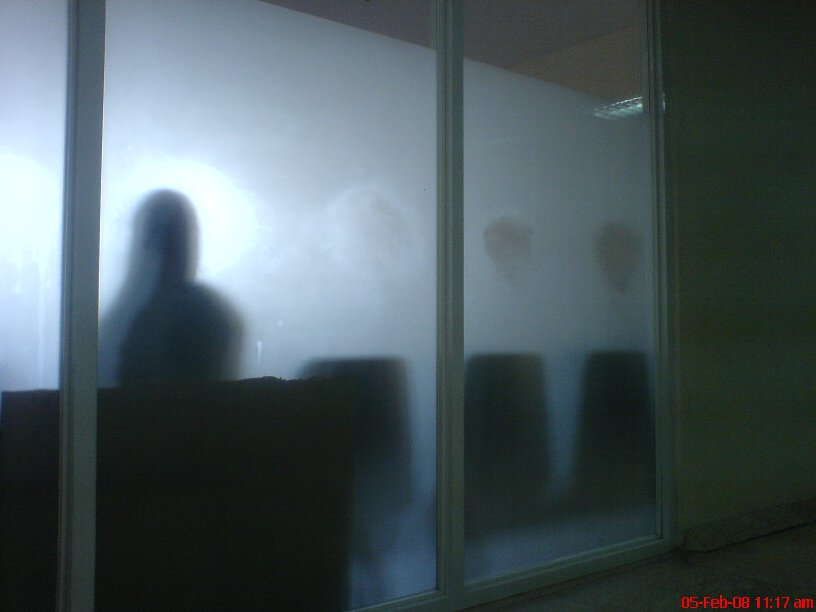#Top12of2020: in-Training 2020 Year in Review
Thank you for your contributions and your readership over the past year. It has certainly been a difficult one, and we are exceedingly grateful that you all used in-Training as a platform to share your reflections, opinions, and solutions. Run by medical students and for medical students, your ongoing support is what makes us a premier online peer-reviewed publication. We look forward to seeing your contributions in 2021, and we’re excited to see where the year takes us (hopefully some place better!).





